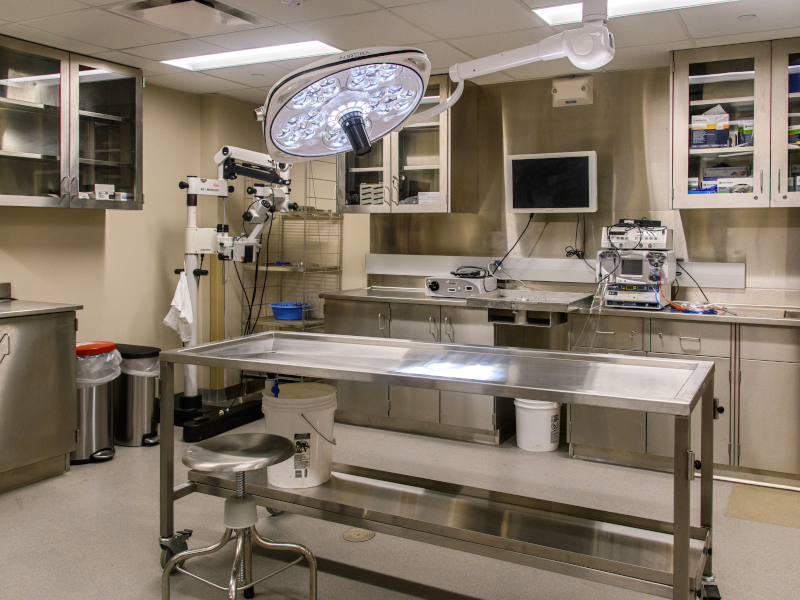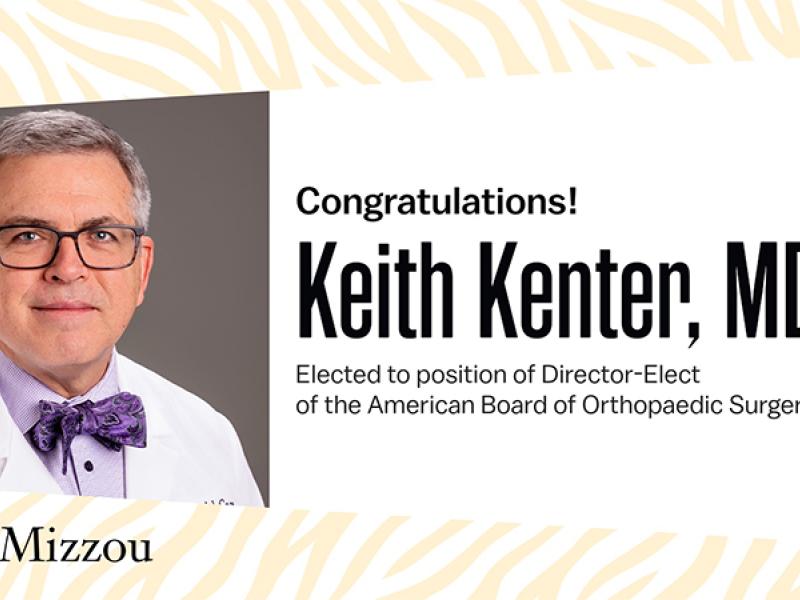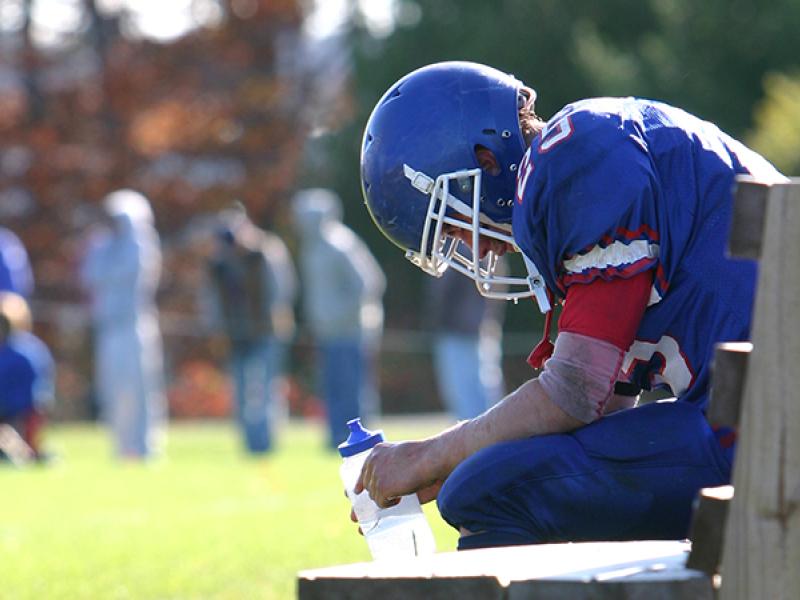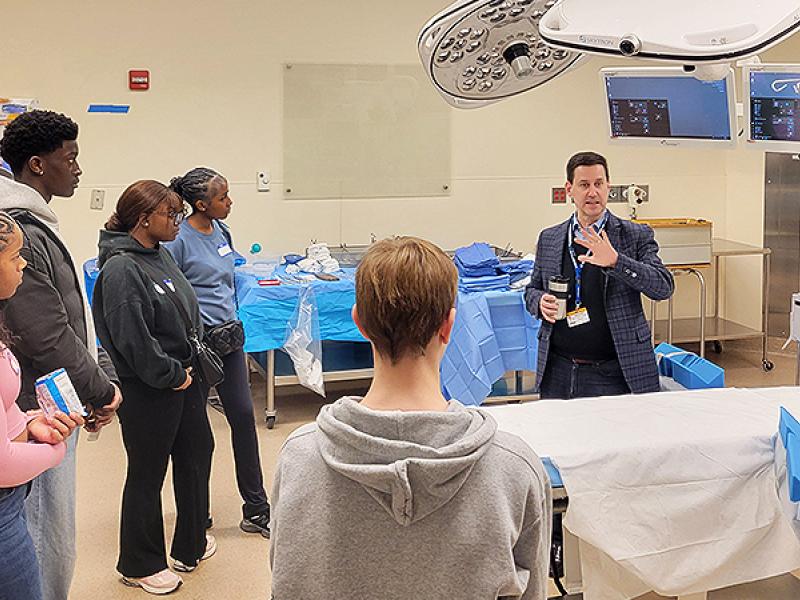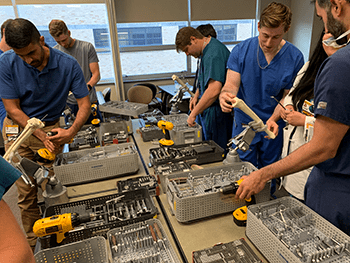
We provide an educational program that focuses on current literature for junior residents and in-depth preparation for senior residents entering fellowship or general practice.
Rather than lectures, we focus on small-group case discussions based on reading assignments and mentored, hands-on cadaveric training in our bioskills lab.
The PGY-1 Year
The PGY-1 year provides the resident with rotations on the following services:
- Acute care surgery
- Plastics/burn surgery
- Surgical intensive care
- Anesthesia
- MSK radiology
- Physical medicine and rehabilitation
- Pediatric orthopaedics
- Orthopaedic spine
- Hand
- Orthopaedic trauma
The PGY-2 Year
The PGY-2 year provides the resident with rotations on the following services:
- Night float
- Trauma
- Adult reconstruction
- Pediatrics
The PGY-3 Year
The PGY-3 year provides the resident with rotations on the following services:
- Veteran’s Administration
- CoxHealth
- Hand
- Orthopaedic spine
- Shoulder
- Sports medicine
The PGY-4 Year
The PGY-4 year provides the resident with rotations on the following services:
- Adult reconstruction
- Foot and ankle
- Pediatrics
- Capital Region Medical Center (CRMC)
PGY-4 level residents take on more of a supervisory role, assisting in planning, scheduling and other oversight of the team. At this level, residents perform increasingly more difficult operative procedures with supervision from attending physicians.
The PGY-5 Year
The PGY-5 or Chief year consists of rotations on the following services:
- Sports
- Adult reconstruction
- Veteran’s Administration
- Trauma
Chief residents delegate responsibility to junior team members and mentors correct completion of these assignments. They serve as role models and motivate junior residents to assume increasing responsibility and ownership of patient management. Chief residents perform increasingly difficult surgical procedures and teach lesser procedures to junior residents.
Senior administrative duties are assigned to each of the chief residents. These include vacation approval, on-call scheduling, operative team preparation and anatomy instruction.
Courses and Conferences
In the spring of the PGY-1 year and the fall of the PGY-2 year, residents are required to attend the AO Basic Fracture Management course at departmental cost. Required conference days are not counted against vacation.
In the PGY-5 year, residents are required to attend the Miller Orthopaedic Review Course at departmental cost. Required conference days are not counted against vacation.
Residents are encouraged to present papers at national meetings. For the principal author, time spent presenting a paper is in addition to the standard four weeks of leave.
Manuscripts, abstracts, and meetings must have departmental approval before residents schedule a presentation.


